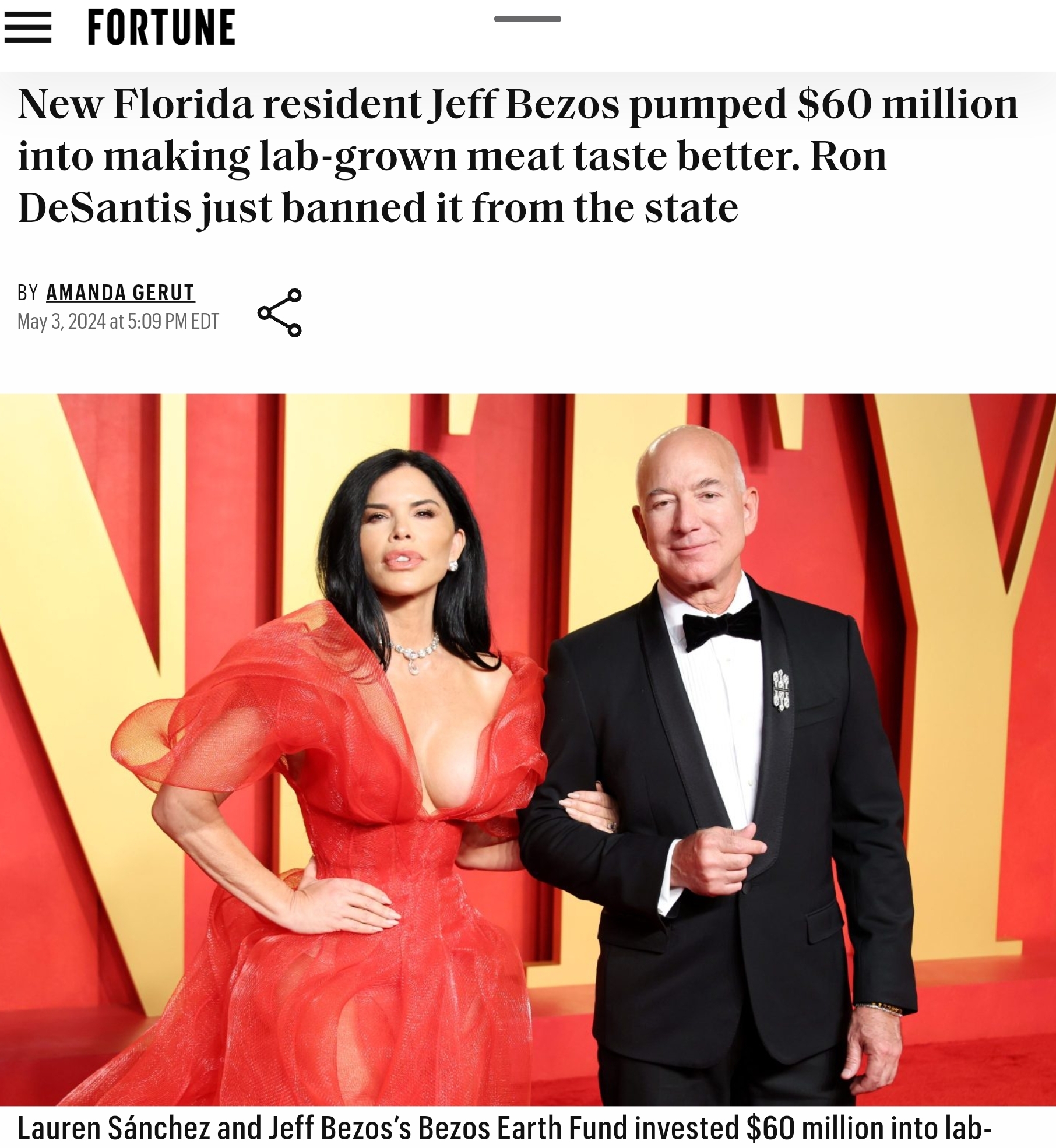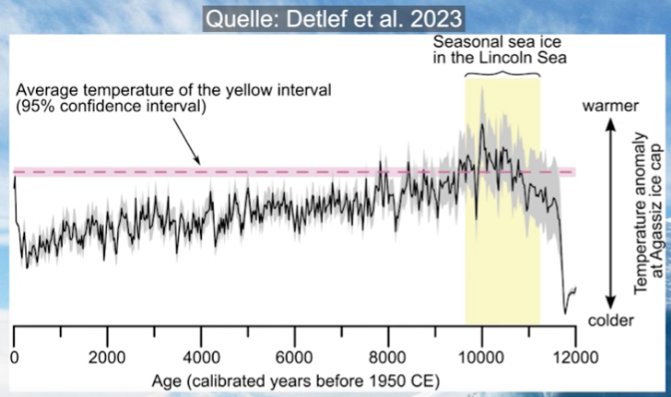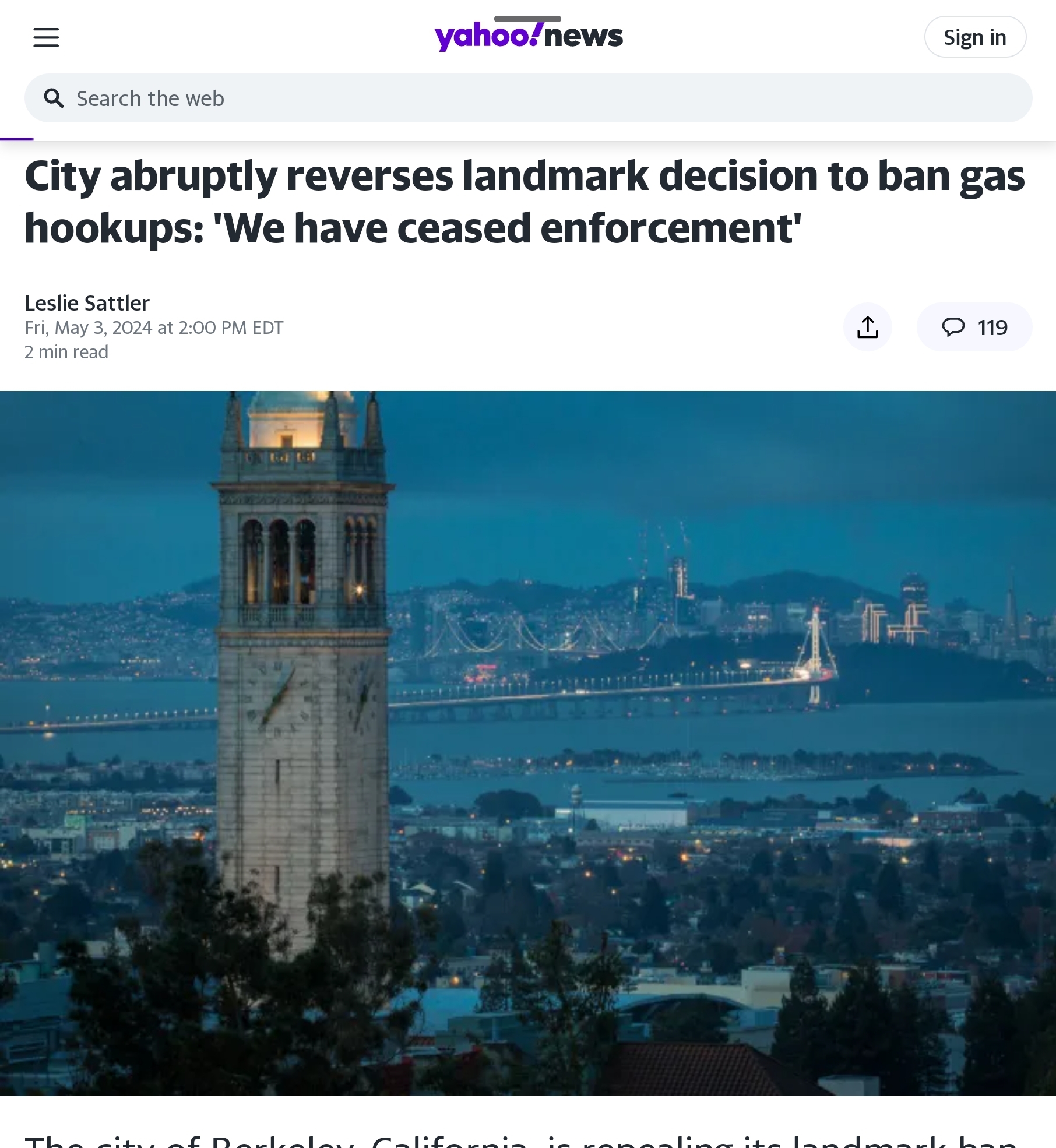By Steve Milloy
Joe Biden is no moderate. He admitted as much at the final presidential debate when he said that he would “transition” America away from oil. Many don’t realize how radical a statement that is.
Since at least 1988, politicians and advocates have tried to sell the American people two demonstrably false ideas. The first: that our use of fossil fuels like coal, oil, and gas is bad for the planet. The second: that we have access to affordable substitutes for these energy sources.
Since the mid-2000s, these notions have been incorporated into K-12 and university curricula and adopted and propagated by virtually every public and private institution, including U.S. oil companies striving to be politically correct.
When Biden says that the U.S. will get rid of fossil fuels, many believe that this is both a worthy goal and an achievable one.
It’s neither.
Fossil fuels are inextricable from our lives. Nothing happens in our modern world without them. While it’s possible to replace one fossil fuel (e.g., coal) with another (natural gas), nothing can replace fossil fuels themselves as an energy source.
You may support wind turbines and solar panels, but they can’t be manufactured or installed without massive quantities of fossil fuels. And wind and solar, as intermittent energy sources, must be backed up by fossil fuels when the wind doesn’t blow and the sun doesn’t shine.
You want to buy an electric vehicle? They can’t be made or even re-charged without fossil fuels. It’s not possible to build an electric grid powered by wind and solar that would supply a nation driving 250 million electric vehicles.
Look at where you live. How would your home be built without fossil fuels? How would the bricks, concrete, steel, lumber, windows, paint, and siding materials be produced and transported in an affordable way without fossil fuels? Or look inside your home. You see cars, TVs, computers, phones, kitchen products, furniture, clothing, and so one – and all require plastic. If we phased out oil, how would we make plastic and other products with synthetic materials? What would replace it, wood or metal or glass?
It takes fossil fuels to make them, too.
Ever been to a hospital and noticed all the plastic equipment and single-use supplies? Maybe a restaurant can replace plastic straws with paper ones, but a paper IV tube is just not going to cut it.
Do you like eating? Fossil fuels are the reason why we can feed the 7.8 billion people on our planet. Growing, harvesting, transporting, storing, and refrigerating food all require fossil fuels. Even organic farming depends on fossil fuels – in fact, organic farming requires even more fossil fuels than conventional farming.
How would you enjoy French or even California wine without fossil fuels unless you lived in France or California? Or winter grapes from Chile? How about seafood? There is no such thing as an electric fishing boat – and even if there was, it would require fossil fuels to build and charge.
Need to fly for business or pleasure? There are no battery-powered 747s and there never will be. The only way that airlines can reduce emissions is to fly less.
Now imagine a man running for president who announces that he wants to do away with these indispensable sources of energy. He offers no hints on how he would do this or what he would replace them with. But he wants to make the “transition,” regardless of its practicality.
That’s Joe Biden.
If Biden is elected president, would he seriously try to get rid of fossil fuels, or is he saying such things just to appeal to green-minded Democratic voters?
Do you really want to take the chance to find out the answer?
Steve Milloy publishes JunkScience.com, served on the Trump EPA transition team and is the author of “Scare Pollution: How and Why to Fix the EPA” (Bench Press, 2016).




